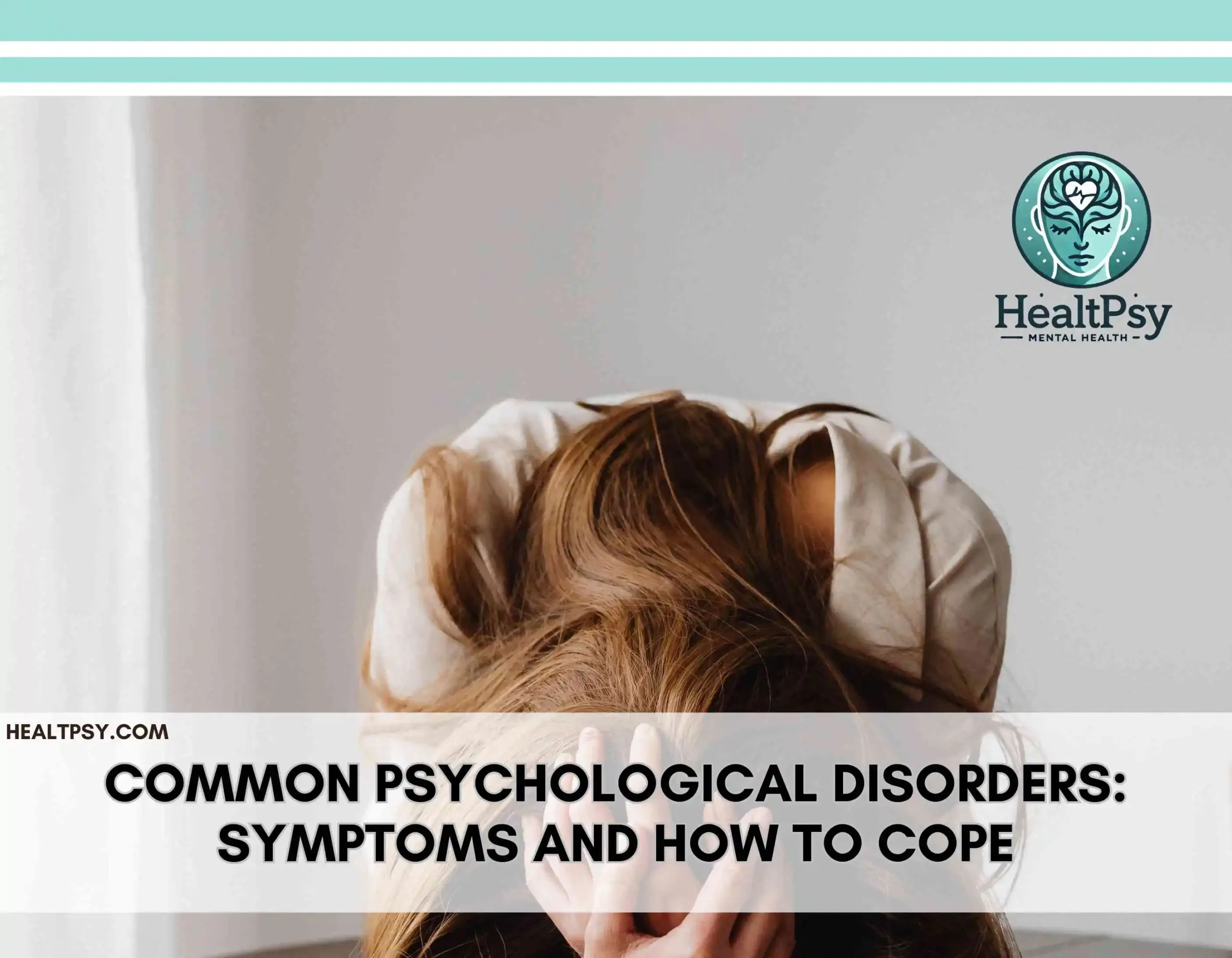How to Prevent Mental Health Disorders: Practical Strategies for Wellness”
Table of Contents
- Introduction
- Why Prevention of Mental Health Disorders Matters
- Common Risk Factors for Mental Health Challenges
- 7 Practical Strategies for Mental Wellness
- Conclusion
Introduction
Mental health prevention focuses on proactive measures to maintain emotional balance and reduce the risk of mental disorders. By adopting healthier habits and addressing potential triggers early, individuals can cultivate resilience and lead fulfilling lives. This article provides 7 proven strategies to foster mental wellness and long-term stability.
Why Prevention of Mental Health Disorders Matters
Preventive measures play a critical role in reducing emotional distress and fostering healthier communities. Early actions can lead to:
- Improved quality of life through reduced stress and anxiety.
- Lower healthcare costs by avoiding advanced mental health treatments.
- Increased emotional resilience and productivity.
Common Risk Factors for Mental Health Challenges
Recognizing and addressing risk factors early can help reduce the likelihood of developing mental health conditions. These include:
- Chronic stress from personal or professional responsibilities.
- Traumatic life experiences, such as loss or abuse.
- Genetic predisposition to mental health conditions.
- Social isolation or lack of supportive relationships.
- Unhealthy habits like poor diet, substance abuse, or inactivity.
7 Practical Strategies for Mental Wellness
1. Maintain a Healthy Lifestyle
Eating a balanced diet and engaging in regular physical activity are foundational for mental well-being. Include brain-friendly foods like leafy greens, nuts, and fish in your meals to support overall health.
2. Manage Stress Effectively
Uncontrolled stress is a significant contributor to mental health issues. Utilize stress management techniques like meditation, yoga, or journaling to alleviate tension and build emotional resilience.
3. Build Strong Relationships
Social connections enhance emotional health. Foster meaningful relationships with friends and family, and engage in community activities to create a support network.
4. Prioritize Sleep
Consistent, quality sleep is essential for mental and physical health. Establish a bedtime routine and aim for 7-9 hours of sleep each night to restore your body and mind.
5. Seek Early Intervention
Addressing early signs of emotional or behavioral changes can prevent escalation. Consult a mental health professional for personalized guidance when needed.
6. Promote Work-Life Balance
Maintain a balance between professional responsibilities and personal life. Set boundaries, schedule downtime, and pursue hobbies to avoid burnout.
7. Engage in Mindfulness Practices
Mindfulness encourages staying present and managing overwhelming thoughts. Incorporate daily practices like gratitude journaling or meditation to boost emotional well-being.
Conclusion
Mental health prevention is achievable with proactive efforts. By addressing risk factors, adopting healthier habits, and seeking support when needed, individuals can create a balanced and fulfilling life. Implement these practical strategies to safeguard your mental health and promote long-term wellness.
References
- MentalHealth.gov – Prevention
- World Health Organization – Mental Health
- How to Support Mental Health
you might also like




